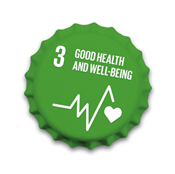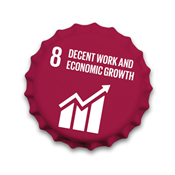Together Towards ZERO
In 2017, Carlsberg Group devised an ambitious new sustainability programme, Together Towards ZERO.
The programme expresses our vision for a better tomorrow, at a time of serious challenges such as climate change, water scarcity and public health concerns.
It consists of four ambitions: ZERO carbon footprint, ZERO water waste, ZERO irresponsible drinking and a ZERO accidents culture. Each of these is underpinned by individual and measurable targets, leading up to 2022 and 2030.
EXPLORE OUR AMBITIONS
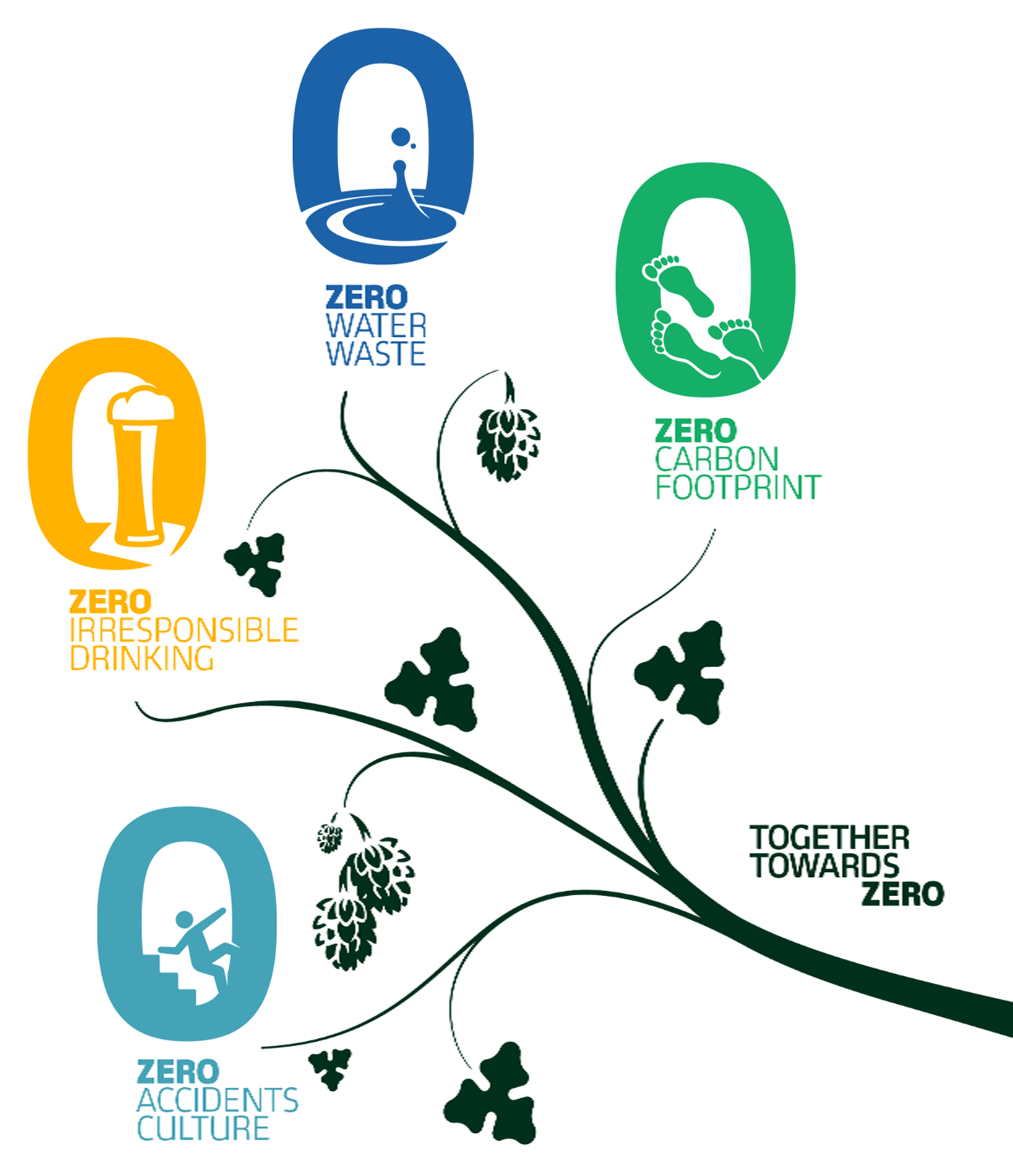
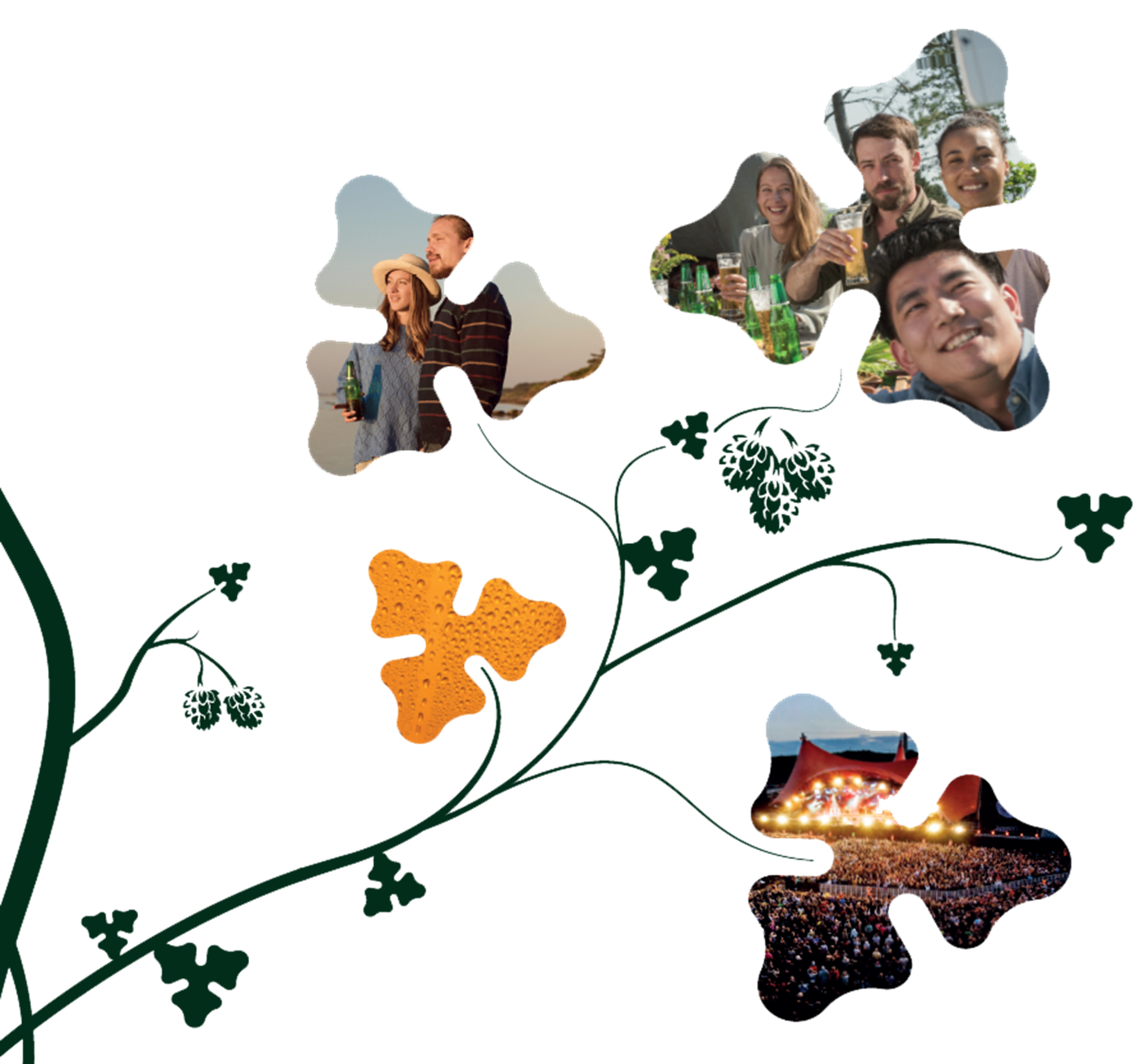
Brewing for a better today and tomorrow
Our founders were driven by an ambition to brew for a better today and tomorrow. Over 170 years later, we continue to pursue the same purpose.
We want to contribute to a better society wherever our beers are brewed and sold, and that includes taking a lead on sustainability. It is central to our purpose, and we also believe it's the right thing to do – bringing clear benefits to our business and to society as a whole.
Our ambitions and the Sustainable Development Goals (SDGs)
The UN’s Sustainable Development Goals (SDGs) are a call for governments, civil society, businesses and the general public to act to end poverty, fight inequality and tackle climate change.
Being interconnected, all the goals are important, but we focus our efforts on those where we can have the most impact. Based on our 2016 materiality assessment, we identified the 14 most relevant targets in 7 SDGs - 3, 6, 7, 8, 12, 13 and 17.
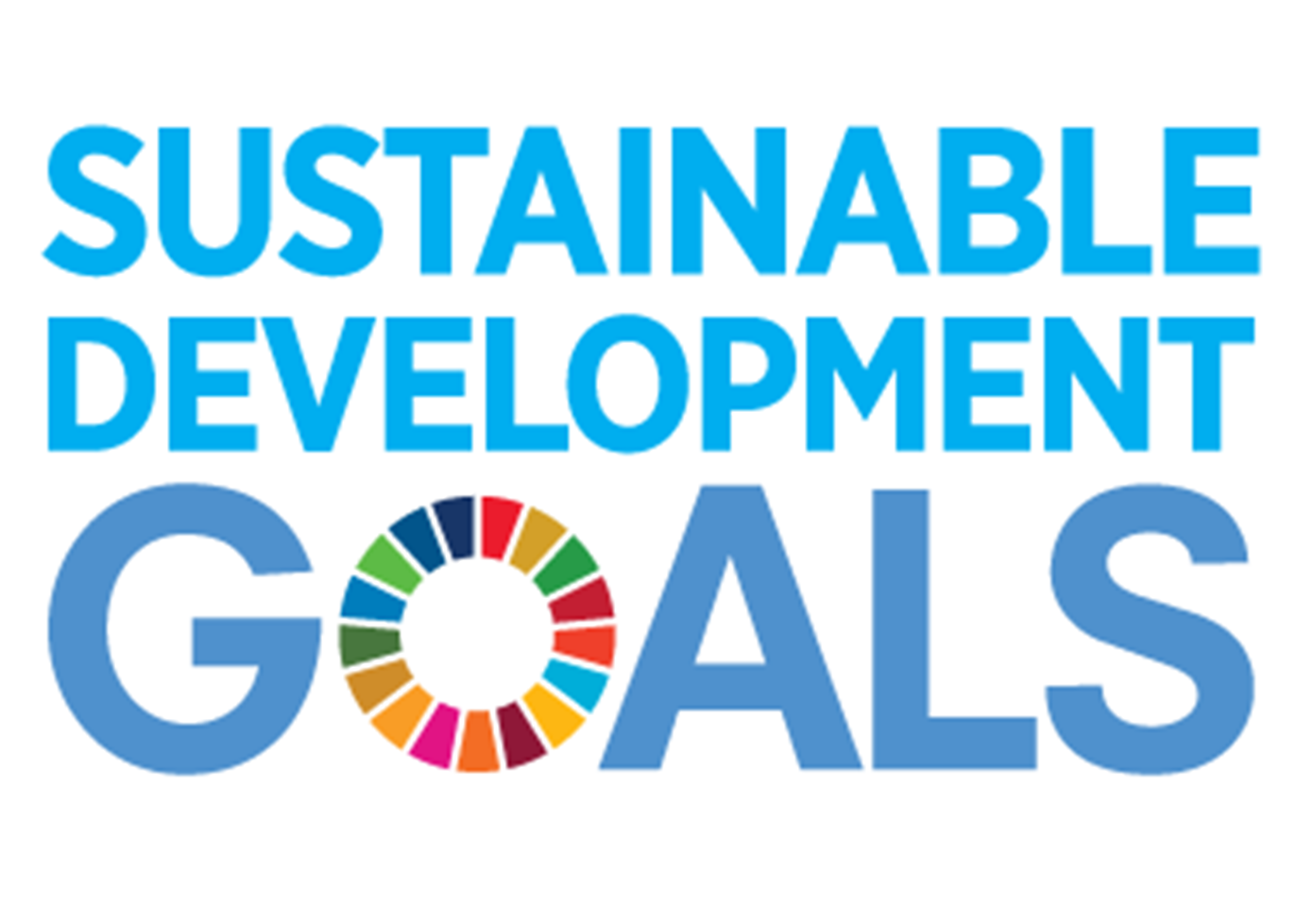
MOST MATERIAL SDGS AND TARGETS

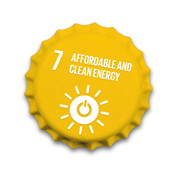
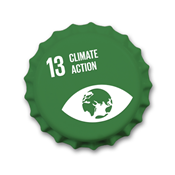
7.2 By 2030, increase substantially the share of renewable energy in the global energy mix.
7.3 By 2030, double the global rate of improvement in energy efficiency.
13.1 Strenghten resilience and adaptive capacity to climate-related hazards and natural disasters.
13.3 Improve education, awareness-raising and capacity on climate change mitigation, adaptation, impact reduction and early warning

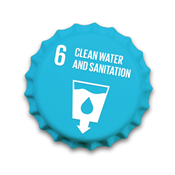
6.4 By 2030, substantially increase water-use efficiency and ensure sustainable withdrawals and supply of freshwater to address water scarity.
6.5 By 2030, implement integrated water resource management at all levels
SUSTAINABLE DEVELOPMENT GOALS THAT CUT ACROSS OUR OPERATIONS
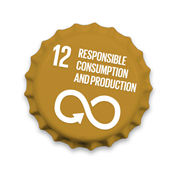
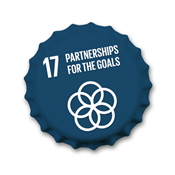
12.2 By 2030, achieve the sustainable management and efficient use of natural resources.
12.5 By 2030, substantally reduce waste generation through prevention, reduction, recycling and reuse.
12.9 Support developing countries to strenghten their scientific and technological capacity to move towards more sustainable patterns of consumption and production.
17.16 Enhance the global partnership for sustainable development, complemented by multi-stakeholder partnerships.
17.7 Encourage and promote effective public, public-private and civil society partnerships.


